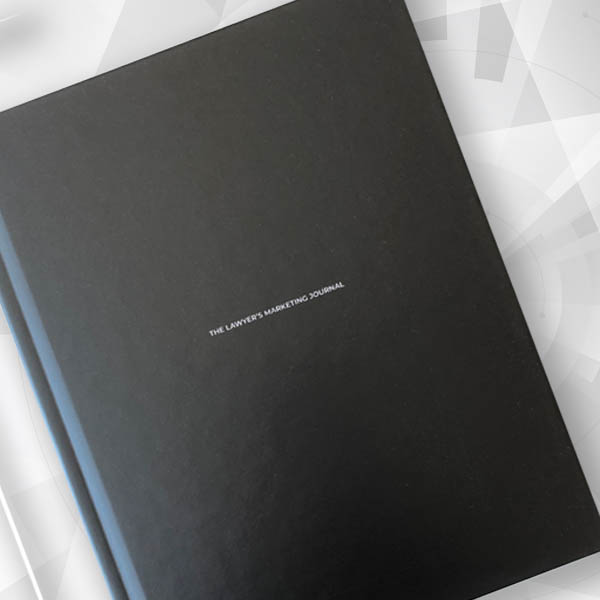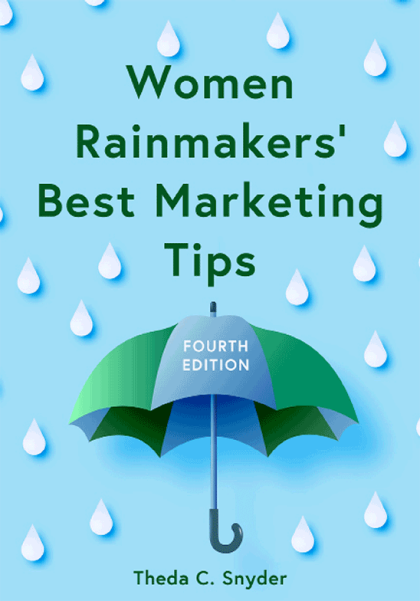New Law Opens Narrow Window For Increased Survivor Damages
/by Teddy SnyderWe are all aware that COVID restrictions disrupted the ability of civil litigants to get a speedy trial. In some cases, the plaintiff died waiting for trial. Though the action survived, upon the death of the plaintiff, non-economic damages were no longer recoverable. The California legislature addressed this issue by amending California Code of Civil Procedure (CCP) 337.34 to add:
. . . in an action or proceeding by a decedent’s personal representative or successor in interest on the decedent’s cause of action, the damages recoverable may include damages for pain, suffering, or disfigurement if the action or proceeding was granted a preference pursuant to Section 36 before January 1, 2022, or was filed on or after January 1, 2022, and before January 1, 2026.

CCP 36 allows three groups of litigants with a substantial interest in the case to move the court to try the case within 120 days:
— A party over 70 years whose health is such that a preference is necessary to prevent prejudicing the party’s interest in the litigation
— A party under 14 years of age
— A party in any other case who requests the court to exercise discretion to serve the interests of justiceParties or their representatives who had successfully moved for a preference before 2022 can seek damages for a decedent’s pain, suffering, or disfigurement. Conversely, parties in those pending cases who did not qualify or did not move for a preference will be denied the ability to recover non-economic damages.
For example, if a 69-year-old plaintiff who had filed a case in 2021 dies in 2022 before getting to trial, the representative cannot seek general damages on behalf of the decedent, even if they moved for preference in 2022.
Cases Filed 2022-2025
The new law is temporary. It defines a four-year window. Notably, the law also requires a plaintiff who recovers damages pursuant to the new law between January 1, 2022 and July 31, 2024 to submit a report to the Judicial Council detailing the particulars of the judgment or court-approved settlement. In turn, the Judicial Council will report the results to the legislature on or before January 2025. The legislature can then consider whether to make these provisions permanent.
Settlement Considerations
The value of cases which qualify for this expanded damages rule has increased. In some cases, the added value will dwarf the economic damages. Parties must consider the added exposure to defendants in evaluating cases for settlement. Additionally, in cases where settlement does not require court approval, there may be some value to creating settlements which will not be reported to the Judicial Council.
What is the Truth?
/by Teddy SnyderMany lawyers and claims professionals say that the litigation process is a search for truth. They will swear allegiance to a jury’s ability to ferret out the truth from conflicting evidence. And yet, more than 90% of all cases settle. The truth can be more slippery than you think.
Individual Lens
Each of us receives data through our own lens based on our experience and attitudes. Why We’re Wrong About Nearly Everything: A Theory of Human Understanding by Bobby Duffy provides multiple examples of people ignoring the facts in front of them. For example, a study reported in Behavioural Public Policy saw subjects looking at the exact same data about the effectiveness of gun control, but interpreting them to favor their own pre-conceived views.
Lawyers know it is impossible to ferret out every possible micro-experience in a potential juror’s background. They depend on the collective knowledge of the group to arrive at a favorable result.

Socrates Said There is No Absolute Truth
All of us filter the information we receive through our own mental and sometimes physical viewpoint. Several witnesses to an event may tell different stories about what occurred. What is more probably true than not? Are you sure?
This conundrum really breaks down when fact-finders are asked to decide between expert opinions. I often tell mediating parties about a case I was involved in which ended with a large verdict in favor of the plaintiff. The pivotal issue was causation. Did they really think the defendant’s act caused plaintiff’s damages? It didn’t matter. The jurors’ collective response was summarized by one representative statement: “She was just so sick.”
The Search for Truth is an Obstacle to Settlement
More often than not, parties never get to a judgment which establishes the “truth.” They do settle, but not before spending time and money beyond a point when they knew enough to settle.
New Restrictions on Confidentiality in Settlement Agreements
/by Teddy SnyderEffective January 1, 2022, amended California Code of Civil Procedure §1001 expands restrictions on confidentiality clauses in settlement agreements.
Previous law barred such clauses in agreements settling filed civil or administrative actions alleging sexual assault or sexual harassment. Only the identity of the claimant and the amount of the settlement could be protected.
The new provisions expand the prohibition to include
1) acts of workplace harassment or discrimination not based on sex, and
2) acts of harassment or discrimination not based on sex by the owner of a housing accommodation.


